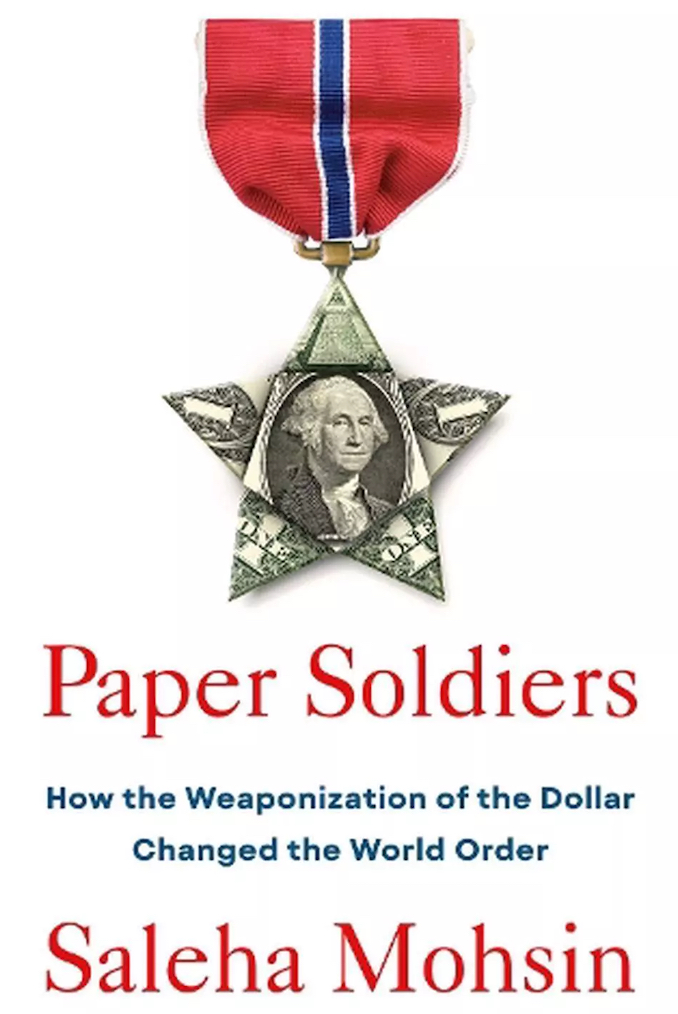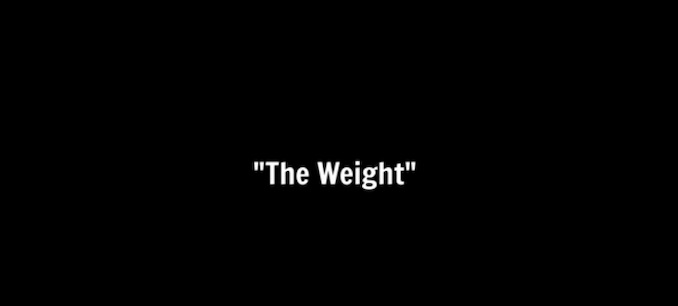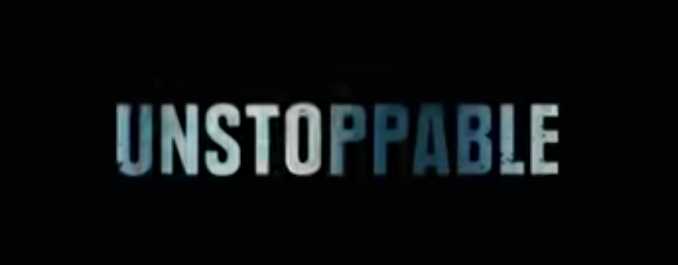
“I’m gullible. I think people mean what they say.”
~ Colin Trevorrow
By Catherine Austin Fitts
I typically don’t review books that I do not recommend reading. Paper Soldiers: How the Weaponization of the Dollar Changed the World Order by Saleha Mohsin is an exception.
Understanding all aspects of the U.S. practice of “hybrid warfare” is essential to following current events. One aspect is financial warfare, something I touched on in my 2019 report on The State of Our Currencies. To manage the dollar system requires maintaining a “financial bazooka.” This is a critical capacity to manage the system—and one rarely understood by the people who follow, write about, or comment on the financial system.
Financial sanctions are one of the tools in the financial bazooka toolkit and have grown in favor since the U.S. Treasury started implementing them. For more on this development, see Juan C. Zarate’s book, Treasury’s War: the Unleashing of a New Era of Financial Warfare.
Financial sanctions are a logical development in moving to technocracy and moving away from market systems, including market prices. As Chris Powell once said, “There are no free markets anymore, just interventions.”
I have been looking for the equivalent of a follow-up on Zarate’s book that analyzes what the impact of various sanctions has been. This includes evaluating the targeted political and economic performance of sanctions in the short term. It also includes their impact on institutional efforts by the BRICS nations to provide alternatives to the dollar for trade and reserves, and what that means to dollar dominance over the longer term. Is the weaponization of the dollar causing a deterioration in its liquidity and the breadth and depth of its currency and debt markets?
Saleha Moshin is a journalist at Bloomberg. I ordered Mohsin’s book in the hopes that it would provide an update. It does not do that; it provides a review of the Secretaries of the Treasury and what they and the federal government have to say about the sanctions. In this sense, it is a history of the official players and the official narrative. This may be useful for researchers looking for summaries of the official history.
As usual, there is no mention of the fact that the U.S. Treasury is engaging in massive violations of U.S. financial management and disclosure laws, is authorizing administrative policies to keep secret books, and is laundering trillions out of U.S. pension funds to heaven only knows where, likely including hybrid warfare around the globe. The material omissions are breathtaking.
However, if you want to feel warm and fuzzy about the public service millionaires who brought you the financial crisis, the Going Direct Reset, and the current rates of inflation—from Tim Geithner to Janet Yellen—Paper Soldiers is for you.
If you have recommendations on research and analysis on how the sanctions have worked in terms of hybrid warfare and the financial bazooka, I am still looking, so post any and all suggestions here.
Purchase at Penguin Random House
Related links:
Book Review: Treasury’s War: the Unleashing of a New Era of Financial Warfare
The State of Our Currencies: The End of Currencies
Blast from the Past: Week of December 25, 2023: FASAB 56
Blast from the Past: Week of November 20, 203: Caveat Emptor








